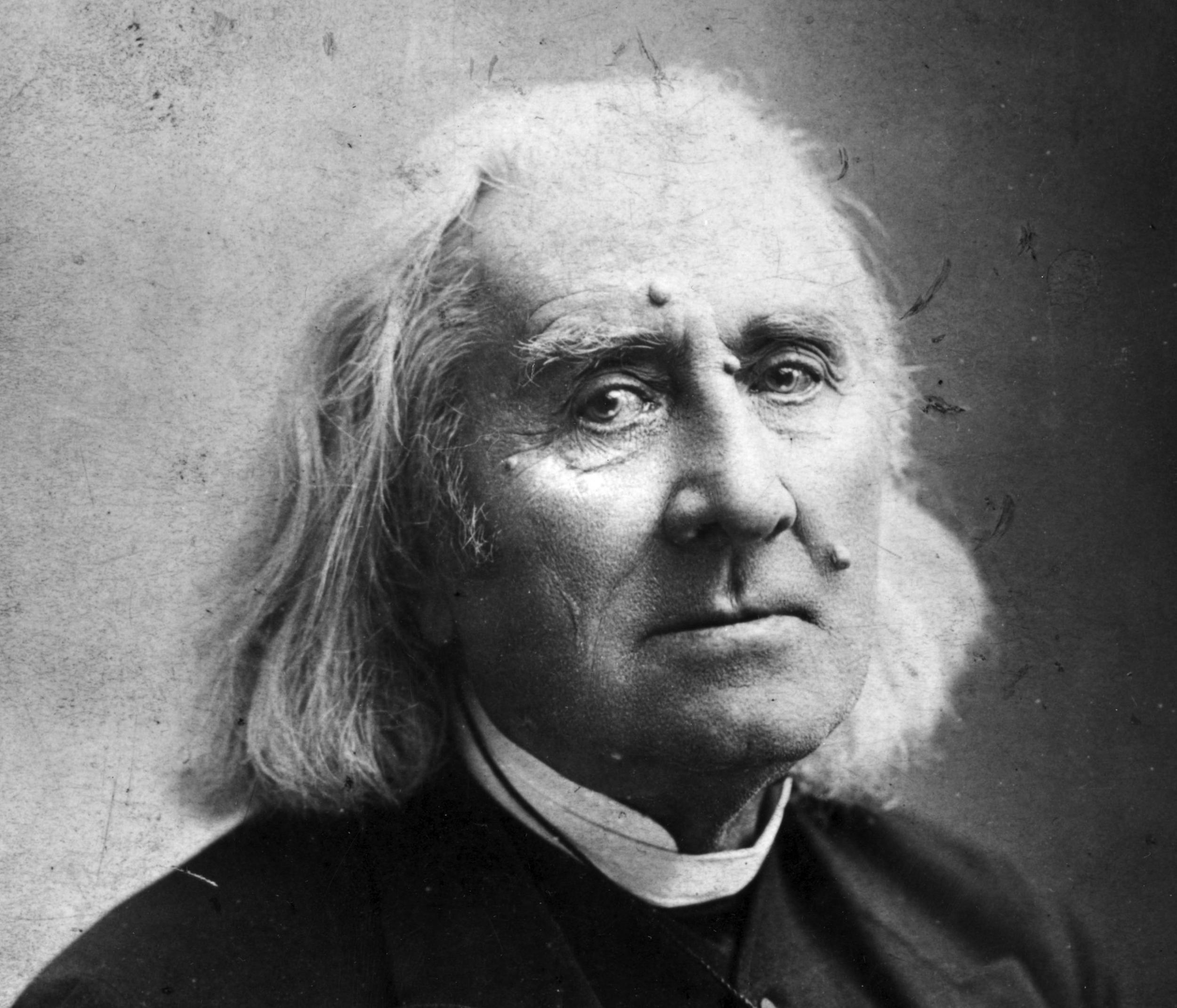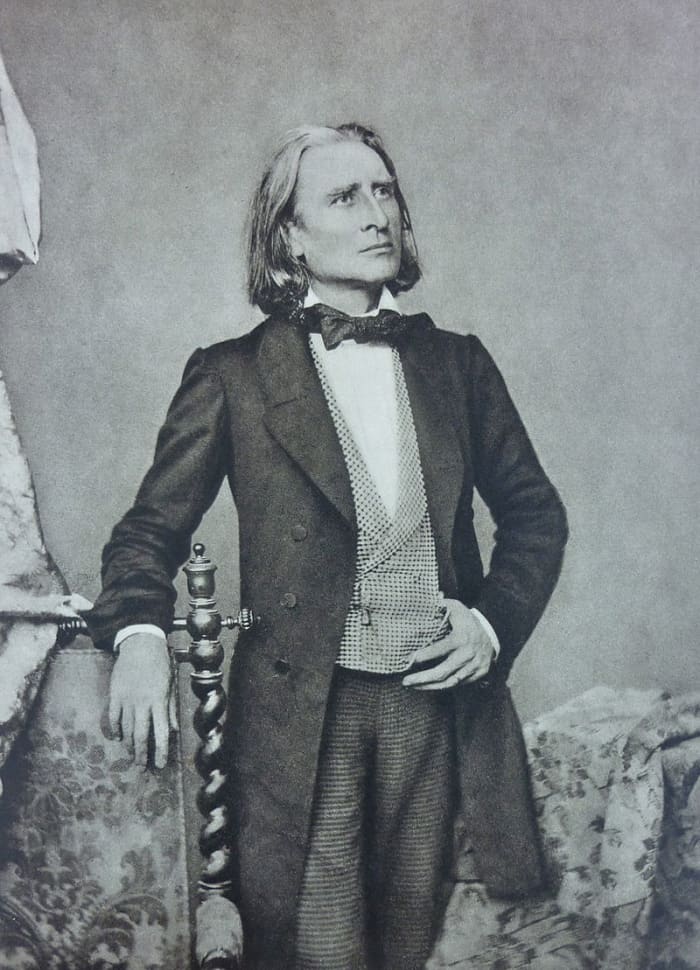

Would you like me to come? For myself, I am not sure. I have just received a letter from Ronchaud who tells me that the concert at the Opera has been deferred until Palm Sunday. The second paragraph (only presented in part) might be of more interest to literary scholars (but will they ever bother to read this book?) than musicologists, although at the end Marie seems to be telling us that George Sand is using Marie & Franz as her inspiration

Letter 113 (perhaps only the fourth or fifth specimen of her writing to this point) is one of the most wonderful letters in the book for what it might tell us about Liszt & his playing (first paragraph) even if it’s ultimately intangible and elusive information.
FRANZ LIZST PRONOUNCE TRIAL
It is a final and testing trial but my love is my faith and I have a thirst for martyrdom.Įven so it’s hardly surprising that Short gives us mostly Liszt, given that for the most part, he’s the one whose words matter at least in the scholarly world. When you read this, I shall have spoken, until now I have not dared to say anything. My mother is here my brother-in-law no longer. Tell me immediately the name of your inn and the number of your room.

Where he’s effusively poetic she’s as direct as an amorous shark, and I can’t help envying her meal. It’s electrifying because her style is so completely different from his. By this time RW (or his music) had displaced Md’A as the apple of Liszt’s eye.įor the first hundred letters it’s all Liszt, Marie only appearing for the first time in letter #83. The last letter, written by Liszt in 1864, is the first for almost a decade, and containing none of the obsessive romance found in most of the previous 400+. As I said to Chopin: “He is a great man manqué who has turned into an artist even more manque”īerlioz & Chopin come up from time to time, but Richard Wagner only rears his head at the very end. His last piece (composed recently) on God Save the King is even worse than mediocre. Of all those things that are supposed to be superior, he is certainly the most mediocre that I know. I have just heard Thalberg really it is a complete hoax. Or in letter 106 (Feb 1837), Liszt writes the following partisan report: The instrumentation and production are prodigious. I have finally managed to see Les Huguenots, that had not been performed since my arrival. For example, letter 96 (by Liszt) includes the following review offered in passing: In addition to the simple pleasure of reading, regardless of who these people might be, there are details to the lives of famous people, sometimes including trivialities that could be important. Correspondence of a great artist can be used to back up all sorts of positions, because they afford testimony that’s otherwise unavailable. This is not, I must add, the reason I would expect scholars to read the book.

Over the course of those 473 letters, written between 18, we see the ups and downs of a remarkable love affair. I did not expect to stumble upon a romance. I picked the book up from the library because I am always hungry for details about Liszt, Berlioz and Wagner. Michael Short has assembled & translated the correspondence between Franz Liszt & The Comtess Marie d’Agoult, into an attractive oversize volume presenting all 473 letters with notes immediately below the letters. As I’m a complete junkie for such things, I’m not sure that my perspective counts, a devoted follower, especially of the lives of the romantic composers. The bicentennial year for Liszt in 2011 encouraged a wealth of scholarly activity around the composer, something like the more recent bicentennials of Wagner & Verdi in 2013. If you’ve seen the film you might use it as evidence in the question: “why didn’t Bernadette Peters have a film career?” Neither Peters nor Marie d’Agoult do very well at the hands of writer Sarah Kernochan, who backs Peters into a screaming shrewish corner, in one of the most unpleasant portrayals I have ever seen onscreen, making Liszt look like a fool in the process. Impromptu is really a film about Chopin, with Liszt & his Comtesse as a colorful part of background, badly misrepresented in the script.
FRANZ LIZST PRONOUNCE FULL
I first encountered the romance between Franz Liszt and Comtesse Marie d’Agoult in Impromptu, a film full of famous artists in the script (Chopin, Liszt, Sand) and on the screen (Judy Davis, Hugh Grant, Mandy Patinkin & Bernadette Peters).


 0 kommentar(er)
0 kommentar(er)
